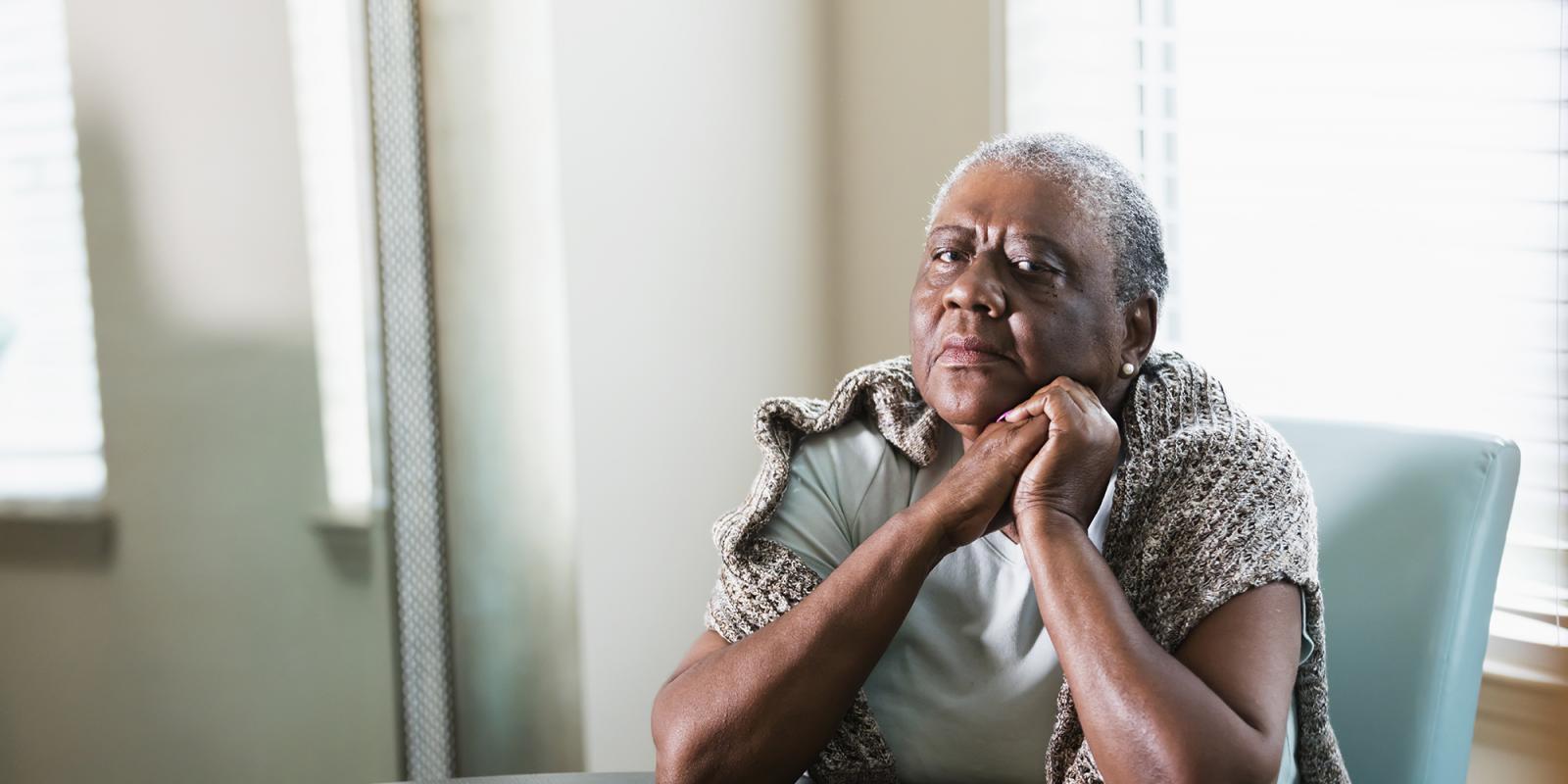Why Our Healthcare System Is Failing Older Adults
Generations. American Society on Aging.

I am in moral distress. And this is not just because I am a geriatrician and palliative medicine physician who is bearing witness to older adults decimated by COVID-19. It is because if we are honest and we open our eyes, we would see that older adults have been slowly decimated by the American healthcare system for decades.
The COVID-19 pandemic has uncovered this ugly secret, and brought it to the forefront. My distress is not because I am staring at this reality straight on, but because we are all complicit in what is happening and what will continue to happen if we don’t address the silent yet blatant discrimination undermining the core of the systems designed to help us age safely and healthfully.
This discrimination I call blatant because in our healthcare system, unless there is a purposeful effort to provide age-friendly care, we will find adults tied down chemically or physically, their life expectancies and cognition worsened by the medications and treatments we give to younger adults, which we expect to have the same results in older adults. And yet we all stand by, we don’t speak up and we let this happen.
This discrimination is blatant because clinical trials often are conducted without adequate representation of the populations for whom the drugs or vaccines are being designed. A few weeks ago, the FDA widely approved the Johnson & Johnson Janssen COVID-19 vaccine for anyone older than age 18. Yet one need not peer too deeply into the reported data to note that for those older than age 60 with comorbidities, the effectiveness at best is unknown (given small numbers) and at worst less than 50 percent (see Figure 18, page 69).
Somehow, this translates to: We are all the same regardless of our age, gender or ethnicity. Have we not learned anything from our past? There are countless examples of disease trajectories and treatment options that differ by these demographic factors. We must acknowledge that sometimes, differences matter.
The pandemic should force us to see the systemic discrimination that exists and that has made older adults the faceless face of this pandemic. And yet we persist in systemic discrimination as evidenced by our research, our care and our built environments.
Let me be clear, this is not new. Because of COVID-19 our country is suddenly aware that older adults can be complex and vulnerable, and more susceptible to this novel virus, and concomitantly to the physical isolation that has been mandated to prevent infection. But for many of us who have worked with older adults for the entirety of our careers, we understand the heterogeneity in aging. Watching the world just now catching up to this realization offends us and provides further evidence of the silent inequity in our country—ageism.
COVID has disproportionately killed older adults, specifically those living in nursing homes. This highlights the fact that we are complicit in allowing those who are older to suffer, receive substandard care and be completely isolated—thereby shortening their life expectancy. The risk of dying from COVID-19 if you are older than age 75 is 3,200 times that of someone who is younger.
‘WE SYSTEMATICALLY AND IMPLICITLY DISCRIMINATE AGAINST OLDER ADULTS EVERY DAY.’
Yet, we have comfortably rolled out a vaccination system that is age-agnostic and geared toward those who are able-bodied and tech-enabled. Our blindness to discrimination is sometimes colorblind, and always age-blind.
We systematically and implicitly discriminate against older adults every day. Given the demographics of this country, it astounds me that there is not more uproar around this. Our government comprises many adults, some who are either in an age range that would afford them care by a geriatrician or who have aging parents.
Yet, we do not see the same outrage we see about the care of older adults as we do about children’s welfare. This is a value judgement. Children are deemed to be more valuable and more deserving of care.
It is time to open our eyes and speak up.
It is not OK to tie down an older adult because they are confused and ill. It is not OK to chemically restrain an older adult because they are sick, are experiencing brain failure and don’t understand what we are doing to their bodies while hospitalized.
It is not OK to conduct vaccine trails with miniscule numbers of older adults and expect to extrapolate results to older adults.
It is not OK to expect clinicians to have the same amount of time in a clinical visit with an older adults as they do with a younger adult and produce quality results.
It is not OK to completely isolate adults without their consent and be fine with the ensuing death from isolation.
It is not OK to continue to expect older adults to adapt to technologies and built environments that are created without them in mind.
It is time to admit it. We are ageist. We do not value aging and our actions are hurting others, and ultimately ourselves. Wrong data produce wrong metrics and wrong outcomes.
The irony of all this is that in marginalizing older adults, for some of us we are marginalizing our current selves and for others, our future selves.
Carla Perissinotto, MD, MHS, is associate chief for Geriatrics Clinical Programs at UC San Francisco and a loneliness and isolation researcher.

Follow Us